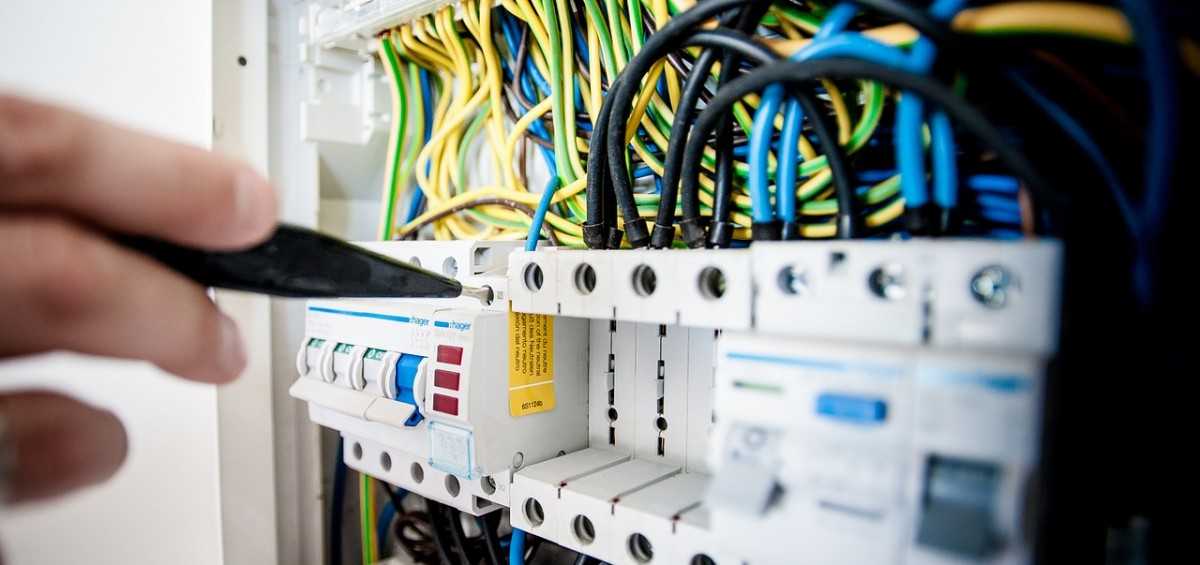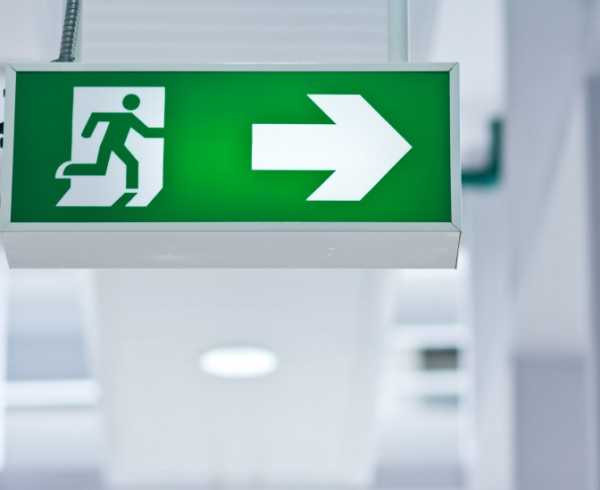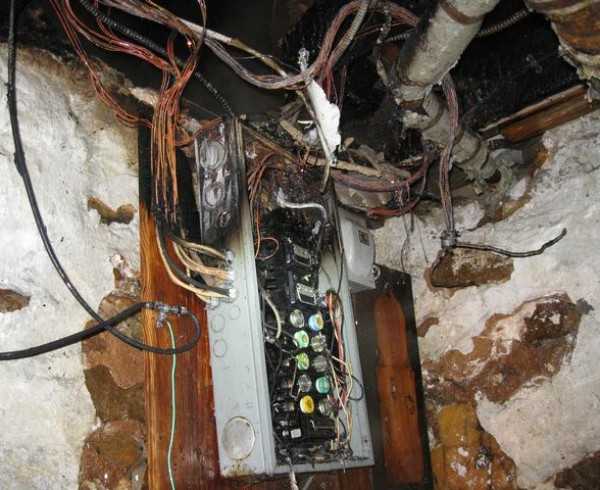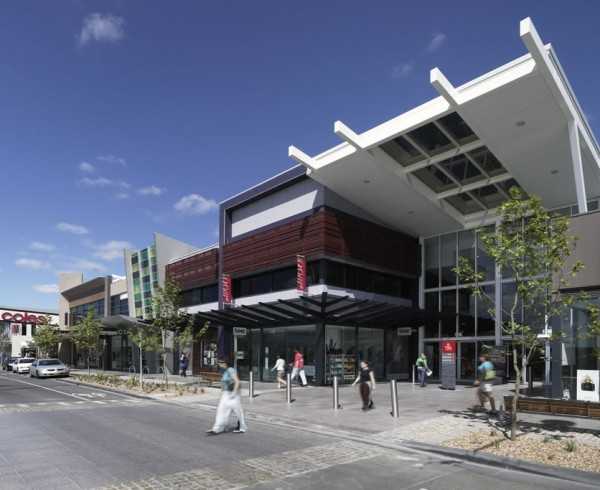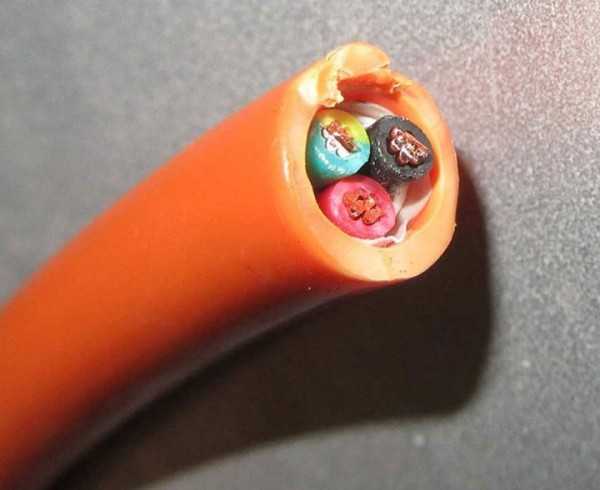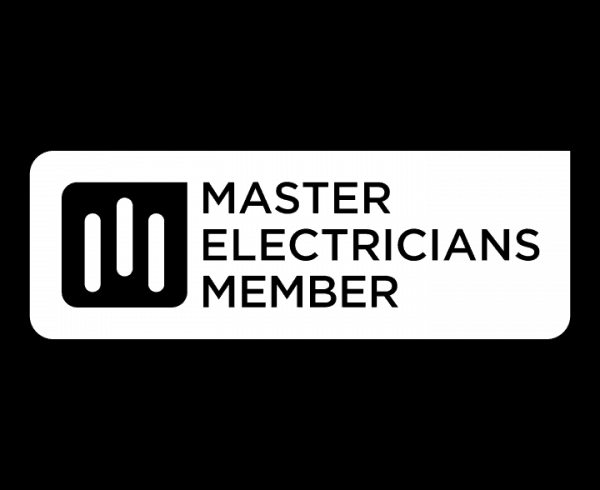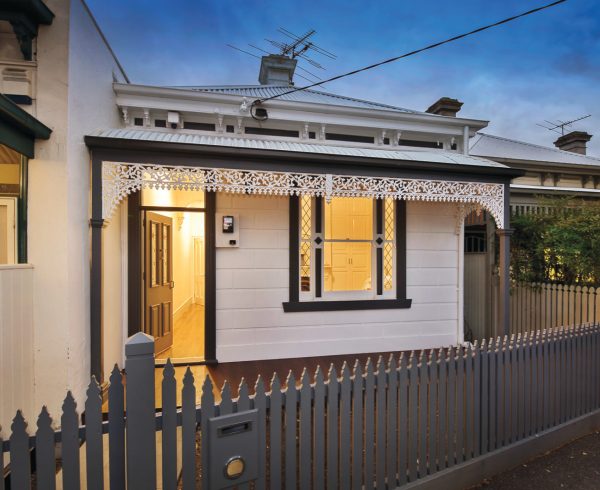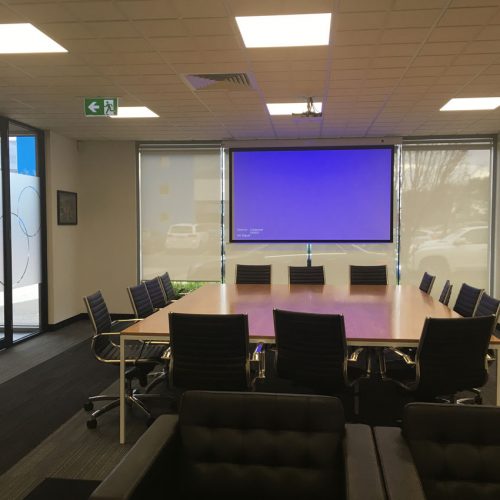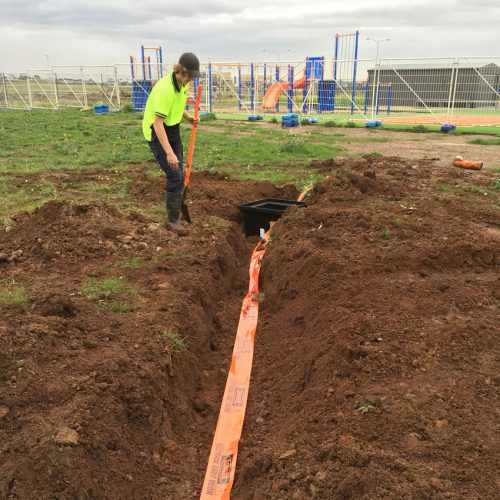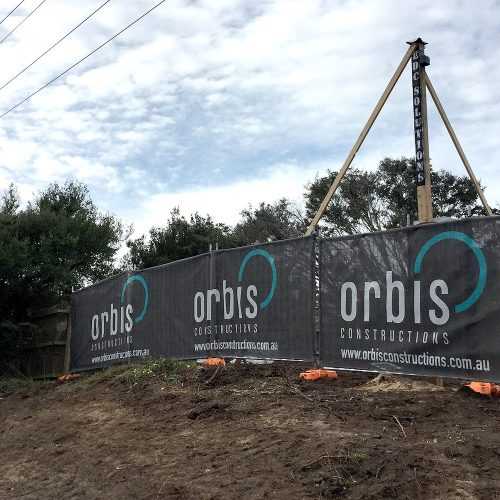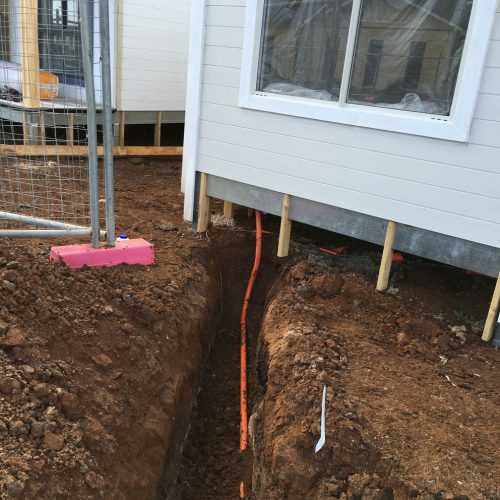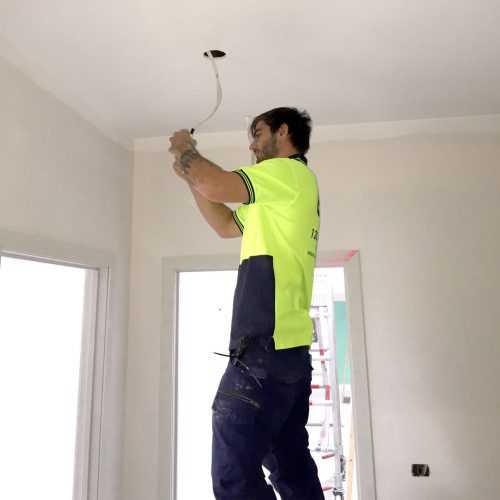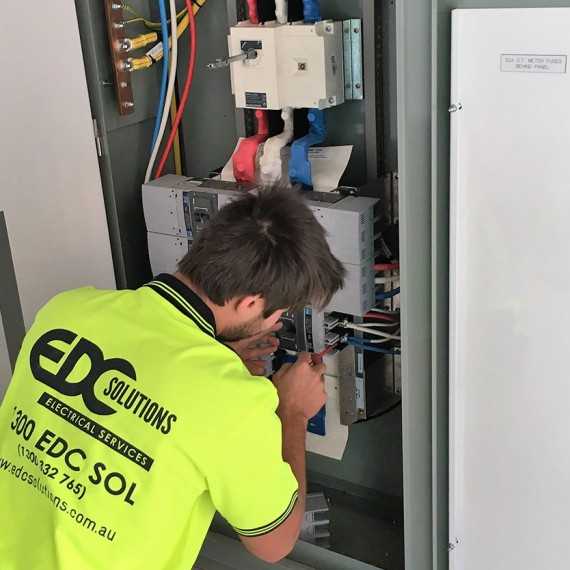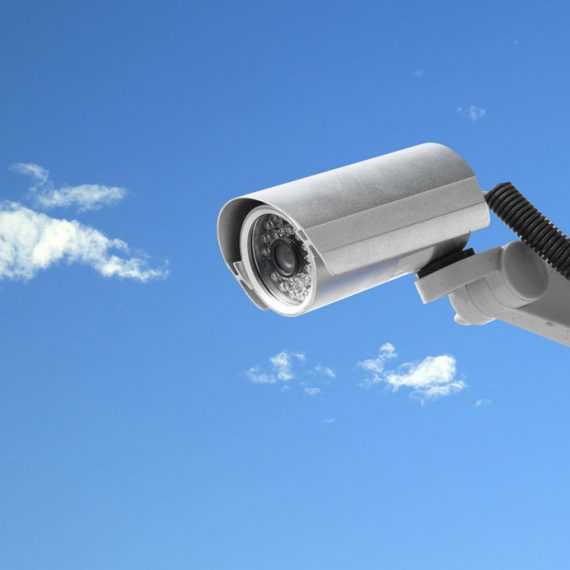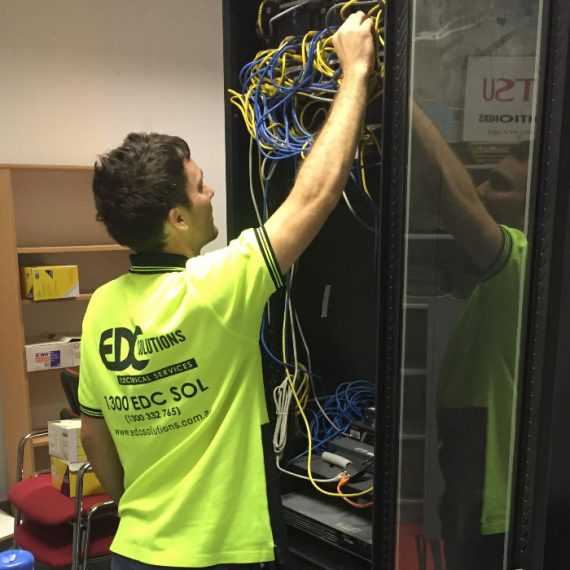As a business owner, premise security and the quality of electrical work should be among your primary concerns. That’s because workplace injuries, electrical fires and outages can get you to spend unnecessary amount of business money that could otherwise be allocated for income-generating projects.
Besides, there are several regulations mandating the need to install, upgrade or maintain electrical works. Following these rules is part of upholding the safety and security of the building occupants. Specifically, these are the regulations you should know when it comes to your premises’ electrical work:
- Electricity Act 1996 – This legislation lays out the right of consumers to have access to reliable and quality electrical supplies, as well as reliable electrical installation services. This act promotes competition between providers of electrical services and supplies.
- Electricity (General) Regulations 2012 – This regulation specifies the technical requirements for electrical installation, working near power lines and electrical infrastructures.
- Energy Products (Safety and Efficiency) Act 2000 – This act regulates the manufacture and sale of electrical supplies by labelling products depending on their quality, usage, purpose and energy-efficiency.
- AS/NZS 3000 – Australian Wiring Rules – This edition comes in two parts. The first part consists of the regulatory requirements when installing electrical supplies. The second part provides the practices and procedures to ensure the installation procedure meets requirements stated in the first part.
- AS/NZS 3760:2010: In-service safety inspection and testing of electrical equipment – As the revision of the AS/NZS 3760:2003, this version lays out a more detailed safety inspection procedure for those testing and inspecting poly-phase electrical and low voltage single phase equipment that are connected to an electrical supply via a flexible connecting device.
- AS/NZS 3017:2007: Electrical installations – Verification Guidelines – Stipulates how best to test electrical installations, including the methods to employ, equipment to use and a check-list of what needed to be checked.
Commercial buildings need to meet the standards of the Regulations listed above to ensure the infrastructure is perfectly safe for the occupants. But if you’re new to the task of maintaining a commercial premise or are interested in knowing this aspect of your business, prioritising these four core tasks should get you on the right track:
- Undergo security audits and inspections. Faulty electrical work can pose a serious safety threat to your employees as this can cause trips, falls and electrical fires. To prevent these accidents from happening, make sure to schedule regular electrical inspections. This will allow you to spot problematic connections and make the necessary preventive actions.
- Know how to shop for energy products. Electricity bills can eat up a huge portion of your business money. So to make your building energy-efficient, keep in mind the quality labels of different electrical supplies.
- Partner with licensed electrical contractors only. Licensed, experienced electricians are trained and knowledgeable about the Australian electrical work standards. Partner with them if you like a seamless installation, upgrade and maintenance of your electrical connections.
- Keep a blueprint of your building’s electrical work. This will make the inspections faster. You can just share the blueprint with your electrical contractor of choice and they’ll be able to get an overview of your building. They’ll know the type of equipment and supplies to bring to carry out their task efficiently.
The electrical work of commercial buildings really need much attention. That’s because outages, electrical fires and workplaces injuries due to faulty wirings can cause unnecessary expenses. By keeping in mind the points above, you should be able to handle this aspect of your business efficiently. Just partner with a reliable electrical contractor in Melbourne to ensure all the technical work gets done right.

